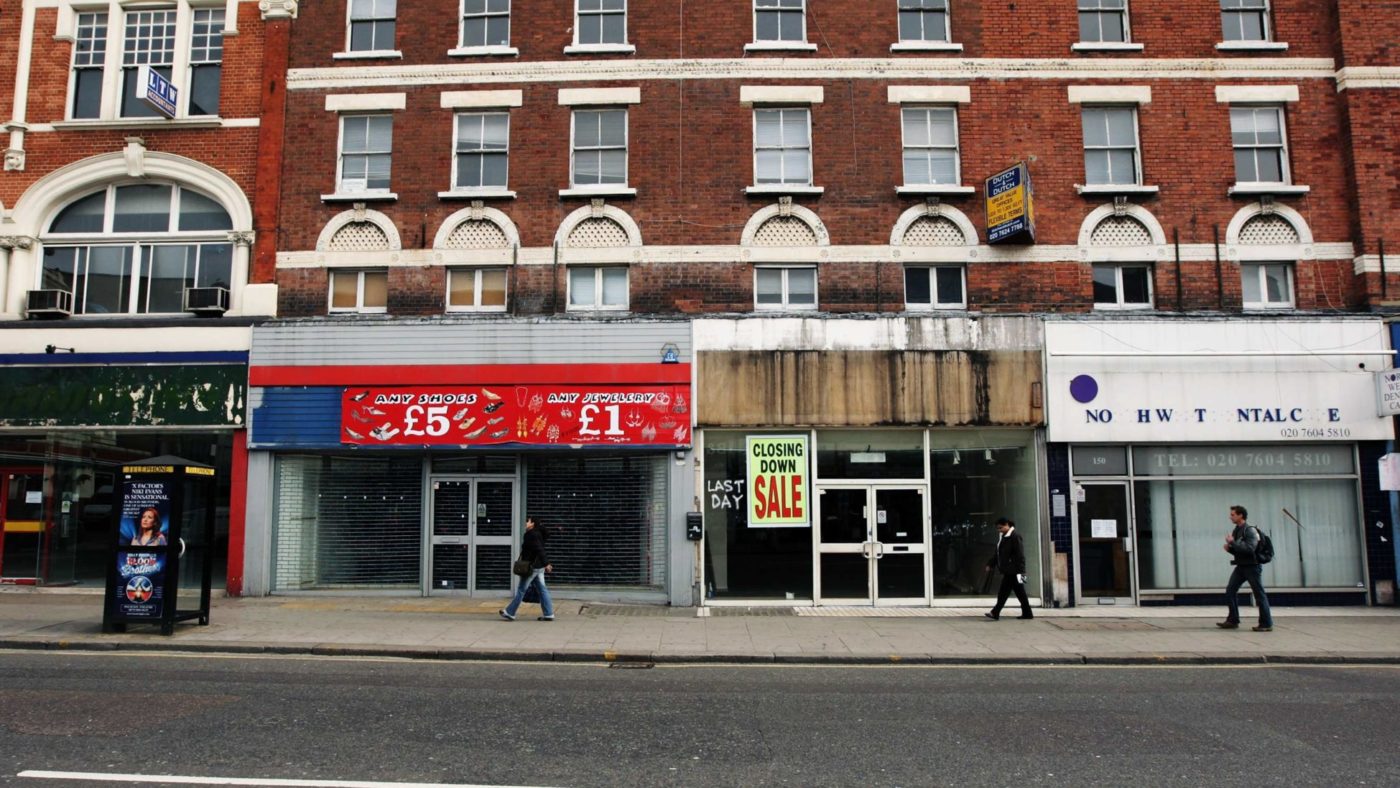What is behind the recent surge in councils buying up retail property?
From shopping centres to offices, retail warehouses, industrial parks, solar farms, garages and even country clubs, local authorities across England are splashing the cash.
The sums of money involved are staggering, Surrey Heath council, for example, spent £86m on a shopping centre in Camberley. Canterbury bought a 50 per cent chunk of the Whitefriars centre for £79m. Stockport bought the Merseyway centre for £75m, while Mid-Sussex council spent £23m on a shopping centre in Haywards Heath. By far and away the biggest spender was Spelthorne borough council in Surrey, which bought BP’s office park in Sunbury-on-Thames for a whopping £360m.
The rationale is two-fold. First, they are doing so to support the retail sector as high streets have been struggling in many towns and cities around the UK. Second, they view the purchases as investments which will allow them to fund public services. Unfortunately they are likely to be mistaken on both counts.
Attempting to prop up the high street while it struggles with high taxes and onerous regulations is a futile endeavour. If we really want to help small businesses thrive on the high street then the government needs to liberalise land use regulations, reduce employers’ national insurance contributions, and have a serious think about reforming business rates. Not only would this help to revive bricks-and-mortar businesses, but it would also increase the living standards of some of the poorest people in the country.
What is more, although it is true that many high streets are currently suffering, this should not be seen as an excuse for local authorities to step in and bail companies out. It should simply be viewed as the market at work. More and more people are now buying online because it is cheaper and more convenient. Naturally, some shops will close as a result.
While this is undoubtedly traumatic for the owners, on the whole it is actually a good thing. It is all part of the creative destruction described by Joseph Schumpeter in Capitalism, Socialism, and Democracy. Some businesses and industries are destroyed, but they are replaced by new ones which provide better jobs, along with goods and services people want to buy.
Local authorities claim that they want to attract businesses and private investment into their regions. However, by making these purchases they are actually doing the opposite. Local authorities are snapping up almost a third of all regional property assets that come up for sale.
This crowds out private investors who might otherwise get involved in providing the kinds of shops and other amenities that local people want. It also has to be remembered that it is taxpayers’ money which is being used to make these purchases. It is their money which is being taken from them in the form of council tax to prop up, and ultimately underwrite, high street businesses.
The argument that it is a good investment also doesn’t stack up. In many cases local authorities are buying assets from people who are desperate to sell. The sellers are invariably professionals who understand the industry and the markets. If they are keen to get out then this should surely make local authorities wonder if they are such sound investments after all.
There is a degree of risk involved in any form of investment, but some of these purchases go well beyond that. The vast majority have been financed through loans, which leads to the local authorities becoming over-leveraged. If the investments do not materialise as hoped for, or if there is a crash, then local authorities will be facing financial ruin.
This very nearly happened to Hammersmith and Fulham council when it accumulated £6.2 billion in derivative swaps. It was only saved after the Appellate Committee of the House of Lords ruled that the council had acted beyond its legal powers and the swaps were declared void.
If local authorities do go bankrupt as a result of acting like property speculators, then they will be unable to provide important services. Not only that, but it will be taxpayers who will be forced to bail them out. Obviously, local authorities need money in order to provide services to taxpayers. So, what should be done?
A good starting point would be to tackle the extremely generous remuneration packages enjoyed by many council staff. Research by the TaxPayers’ Alliance found that in 2016-17 there were at least 2,306 local authority employees on annual salaries over £100,000 and 558 earning more than £150,000. Some senior staff were raking in over £250,000. Councils do important work, and it is important that talented and motivated public servants are rewarded appropriately. However, it is not right for taxpayers to foot the bill for salaries higher than that of the prime minister, especially when many of them are struggling to make ends meet themselves.
Local authorities should also embrace automation. As many as 861,000 public sector jobs have the potential to be automated by 2030, a number which implies savings on salaries in the region £17bn. Ultimately this means councils delivering more cost-effective services at a higher standard. Some authorities, such as Sefton and Enfield are already showing the way.
Cutting the payroll would also allow local authorities to sell many of their assets. Not only would this bring in a substantial amount of money, but it would free up spaces for bars, restaurants, theatres and whatever else there is public demand for. Perhaps most importantly, much of this land can be converted into flats and houses in areas where housing supply is low. Building more homes would also allow more people to move to the most productive areas of the country, increasing economic growth. As an added bonus, local authorities would then have a bigger pool of council taxpayers.
So, there are plenty of ways councils can look to shore up their financial position. Playing at being property speculators with taxpayers’ money should not be one of them.


